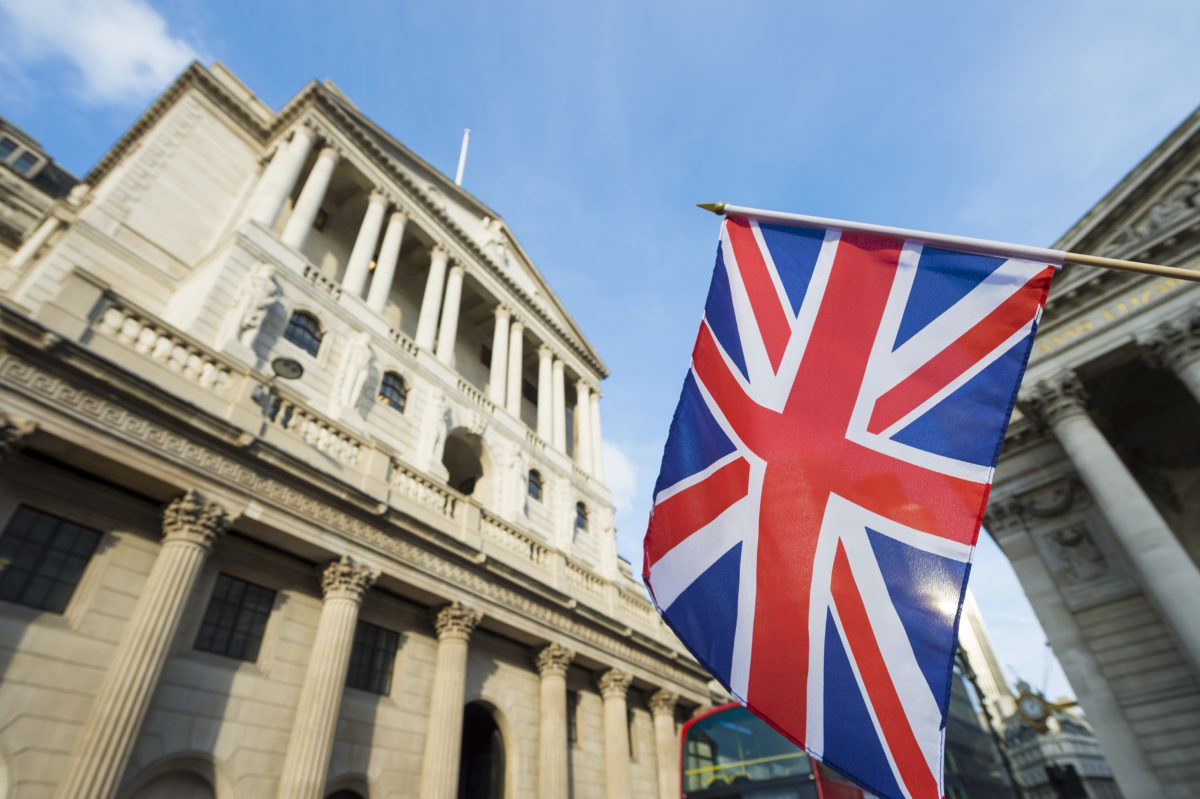Cut interest rates to avoid recession, says IEA’s Shadow Monetary Policy Committee
SUGGESTED



- The Institute of Economic Affairs’ Shadow Monetary Policy Committee (SMPC) voted (7-2) to cut Bank Rate.
- The SMPC also voted to halt or scale down (8-1) Quantitative Tightening (QT) and one member voted to resume Quantitative Easing (QE).
- The SMPC is concerned that the Bank of England is at risk of over-correcting and slowing economic activities.
A group of independent economists that shadow the Bank of England have called for interest rates to be cut.
This comes as analysts expect the Bank’s Monetary Policy Committee to hold Bank Rate at 5.25 per cent at its meeting today (Thursday, 2nd November).
The Shadow Monetary Policy Committee, hosted by the free market think tank the Institute of Economic Affairs, has concluded that the UK risks a recession caused by excessively high interest rates. A majority are now calling on the Bank to reverse course and cut the Bank Rate by 0.25 per cent to 5.00 per cent.
The SMPC is concerned that the UK could significantly undershoot the official 2 per cent inflation target over the coming few years, with a risk of deflation slowing down economic activity.
This is driven by the growth in broad money supply (M4) turning sharply negative, meaning the availability of credit is contracting. There has been a fall in the broad measure of money of £31 billion in September, following declines in the previous three months and a 12-month contraction of 4.2 per cent.
A majority of the SMPC also voted to halt or scale back Quantitative Tightening – the selling of bonds bought during QE – which is pushing down their price thus raising long term interest rates (as the yields move inversely to the price), contract the money supply and slow the economy. Patrick Minford of the Cardiff Business School went further by urging the return of Quantitative Easing, the expansionary monetary policy of bond purchases.
Committee members also raised concerns that the Bank’s forecasts are overly optimistic and need to be updated to reflect the slowing economy — noting that the UK economy is ‘flirting with contraction’ and that unemployment has ticked up to its highest level since 2017, excluding the Covid-19 pandemic.
Trevor Williams, Chair of the Shadow Monetary Policy Committee and former chief economist at Lloyds Bank, said:
“There is mounting evidence that the UK’s monetary policy is too tight and could lead to price deflation in a few years and potential recession in the interim. The Bank of England should act now by lowering interest rates.
“The Bank’s overly tight monetary stance is pushing mortgage lending down, companies are struggling to repay debt, insolvencies are rising, and households are withdrawing money to meet higher repayments.
“By underestimating the importance of the money supply, the Bank risks repeating the mistake that caused high inflation. It is essential for the Bank to ‘look through’ the current level of inflation and focus on where it could be in two years.”
ENDS
Notes to Editors
Contact: media@iea.org.uk / 07763 365520
- The Shadow Monetary Policy Committee (SMPC) is a group of independent economists whose purpose is to monitor the decisions of the Bank of England’s official Monetary Policy Committee and make its own policy recommendations.
- The SMPC has met at least once a quarter at the Institute of Economic Affairs (IEA) since July 1997, making it the first such group in the UK.
- It carries a pool of ‘spare’ members to ensure nine votes are cast each month. This can lead to changes in the aggregate vote, depending on who contributed to a particular poll. As a result, the nine independent and named analyses should be regarded as more significant than the exact overall vote.
- The minutes of the October meeting can be found here: Minutes of the SMPC meeting of 17th October.
- SMPC member and IEA Economics Fellow Julian Jessop explained the link between inflation and the growth of Broad Money in a September 2023 article for The Spectator. Read the piece here: Is printing too much money the real cause of inflation?
The mission of the Institute of Economic Affairs is to improve understanding of the fundamental institutions of a free society by analysing and expounding the role of markets in solving economic and social problems. The IEA is a registered educational charity and independent of all political parties.



